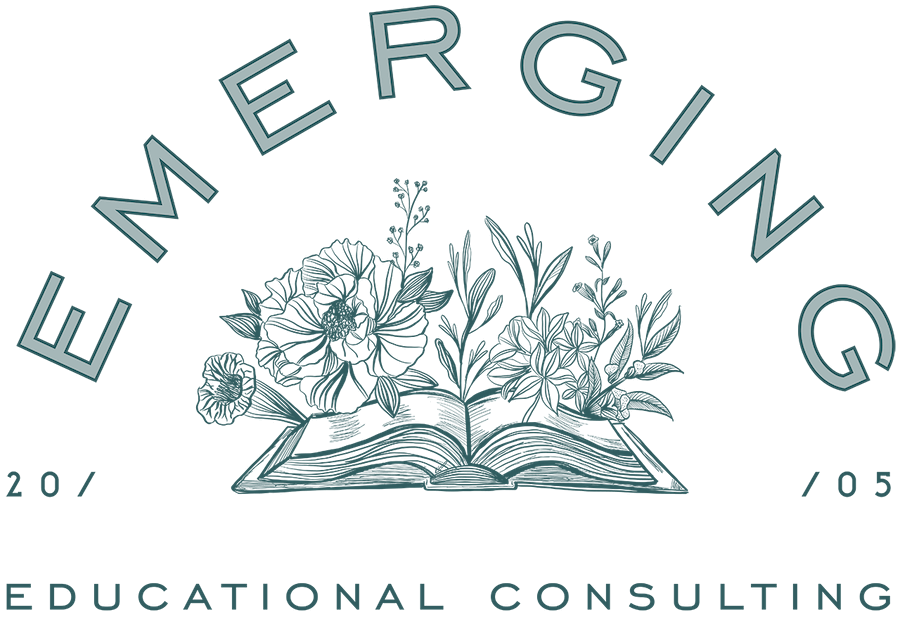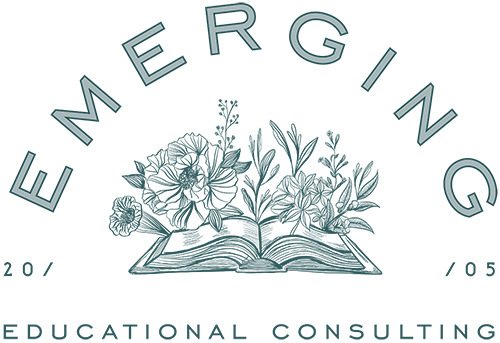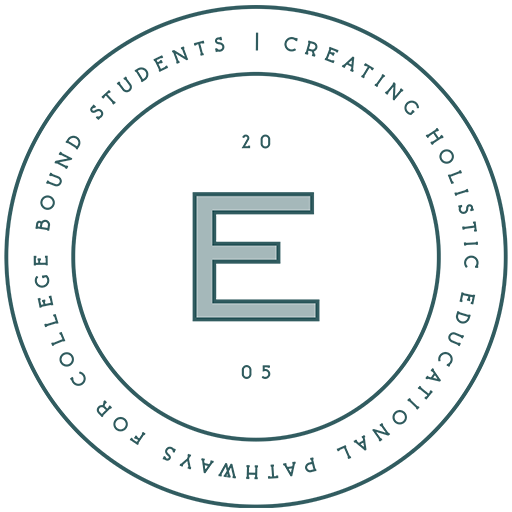As students head into summer, here’s a lens to help them get the most out of whatever they choose to do—whether it’s a job, internship, project, or service.
There’s a big difference between simply doing an activity and engaging in Meaningful Work.
An activity is about showing up and checking the box. Meaningful Work stretches you—it involves reflection, initiative, growth, and often, impact.
This shift matters. It’s not just about what students do, but how they make meaning from it. That self-awareness builds purpose, confidence, and the kind of insight colleges value.
A Framework for Reflection
We coach students to describe their Meaningful Work using a simple but powerful structure:
“I accomplished X, as measured or confirmed by Y, by doing Z. Here’s what I learned. So what?”
This five-part story framework helps students move from a list of what they did to a deeper understanding of who they are becoming.
Let’s break it down:
- I accomplished X: What did I do that led to a result, no matter how big or small?
- Measured or confirmed by Y: What evidence shows this mattered? (This could be feedback from others, a visible impact, or something that changed because of their involvement.)
- By doing Z: What actions or strategies did I take to make this happen?
- What I learned: What did this teach me about myself, other people, or the world?
- So what?: Why does this matter to me now? What will I carry forward from it?
This process helps students articulate not just what happened, but why it was meaningful—and how it shaped their thinking, skills, or sense of purpose.
Why This Matters
Whether students are preparing for college applications or simply figuring out who they want to be in the world, understanding the value of Meaningful Work helps them:
- Build confidence in their ability to contribute
- Practice self-reflection—a key skill in both life and learning
- Clarify what they care about
- See that effort matters more than prestige
- Identify experiences worth writing or speaking about in college essays or interviews
In admissions, colleges aren’t just interested in what a student has done—they’re looking to understand how they think, how they grow, and how they contribute to a community. This framework invites students to see themselves as changemakers, problem-solvers, and evolving humans—not just applicants checking off boxes.
Examples of Meaningful Work
Meaningful Work can happen in all kinds of settings. It’s not about having the “right” experience—it’s about what students do with the experiences they have.
Here are a few real-world examples of how students have created meaning:
- A student who spent the summer babysitting began organizing learning games for the children, taught them new skills, and received positive feedback from the parents. They realized they had a knack for early education.
- Another student who worked at an ice cream shop used their spare time to redesign the menu for clarity and upselling. Sales went up. The owner thanked them and invited them back next year.
- One teen volunteered at a community garden. At first, it was just pulling weeds. But they started noticing who came and what they needed. They created a handout in Spanish and English explaining how to grow tomatoes at home. That small gesture turned into deeper community connections.
- A student caring for a grandparent over the summer learned how to navigate medical appointments, insurance calls, and emotional ups and downs. It wasn’t glamorous, but they wrote later about how that time shaped their resilience and empathy.
These examples show that how a student engages is far more important than where they are or what’s on the surface of the role.
How You Can Support Your Student
You don’t have to push your student toward something impressive. Instead, encourage them to think about how they’re showing up, what they’re learning, and how they might use what they’re gaining—now or later.
Here are a few ways to support reflection and meaning-making:
Ask open-ended questions like:
- “What part of this experience are you most proud of?”
- “What surprised you this week?”
- “What challenged you—and how did you handle it?”
- “Who benefited from your work? How can you tell?”
- “What would you do differently next time?”
- “Is this something you’d like to keep doing or build on?”
Encourage them to:
- Keep a journal or voice notes about their daily or weekly experiences
- Take photos (with permission) of moments or outcomes they’re proud of
- Ask for feedback from a supervisor, mentor, or peer
- Talk it out—sometimes it’s easier to realize the meaning by speaking about it
- Connect the dots between this experience and their goals, interests, or values
Even small steps like these can turn a job or project into something that offers insight and confidence.
Keep the Conversation Going
You don’t need to have all the answers. You just need to be curious.
When students learn to see their summer not just as time off or résumé-building, but as a season of growth, they start to take ownership of their journey. They learn that even the smallest moments can be powerful.
We’ll be here all summer to help students reflect, write, and connect the dots. Whether it’s in workshops, 1:1 sessions, or a casual check-in, we’re focused on helping them develop the voice and insight that only comes from doing work that matters to them.
Helpful Tools & Resources
Here are a few resources you and your student may find useful:
- Podcast: Helping Your Teen Build Critical “Adulting” Skills Before College with Dr. Andrea Malkin Brenner—an essential listen for every parent preparing for the college transition.
- Love, Boundaries, and Consent: A Conversation Worth Having – An honest, age-appropriate guide to supporting your teen’s sense of self and integrity.
- Choosing the Right College for Neurodiverse Students – A game-changing guide for parents with Neurodiverse Students.
- Tips & Tricks for Parents Who Want to Help (Without Taking Over) – a must-watch for families stepping into essay season
Tell Us Your Story
We’d love to hear what your student is working on— help us support them more meaningfully.
Explore our full range of services—from writing help and executive function coaching to summer program.
Meaningful Work isn’t about checking off the right boxes—it’s about growing into the kind of person who shows up, learns, contributes, and reflects. That kind of work can happen anywhere, and often, it’s in the most unexpected places.
Thanks for partnering with us as we guide students through this summer of growth. We can’t wait to see what they discover.




